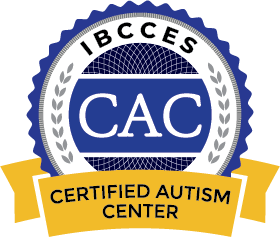The Detroit Historical Society (DHS) is committed to ensuring digital accessibility for people with disabilities. We are continually improving the user experience for everyone and applying the relevant accessibility standards.
The Detroit Historical Society (DHS) takes the following measures to ensure that detroithistorical.org and detroit1967.org are accessible:
- Include accessibility throughout our internal policies.
- Integrate accessibility into our procurement practices.
- Provide annual accessibility training for our staff.
- Assign clear accessibility targets and responsibilities.
- Employ formal accessibility quality assurance methods.
Conformance status
The Web Content Accessibility Guidelines (WCAG) defines requirements for designers and developers to improve accessibility for people with disabilities. It defines three levels of conformance: Level A, Level AA, and Level AAA. The Detroit Historical Society is partially conformant with WCAG 2.0 level AA. Partially conformant means that some parts of the content do not fully conform to the accessibility standard.
Technical specifications
Accessibility of the Detroit Historical Society (DHS) relies on the following technologies to work with the particular combination of web browser and any assistive technologies or plugins installed on your computer:
These technologies are relied upon for conformance with the accessibility standards used.
Please be aware that our efforts are ongoing. If you have specific questions or concerns about the accessibility of any particular webpage on detroithistorical.org, please contact us at 313.833.1805.


